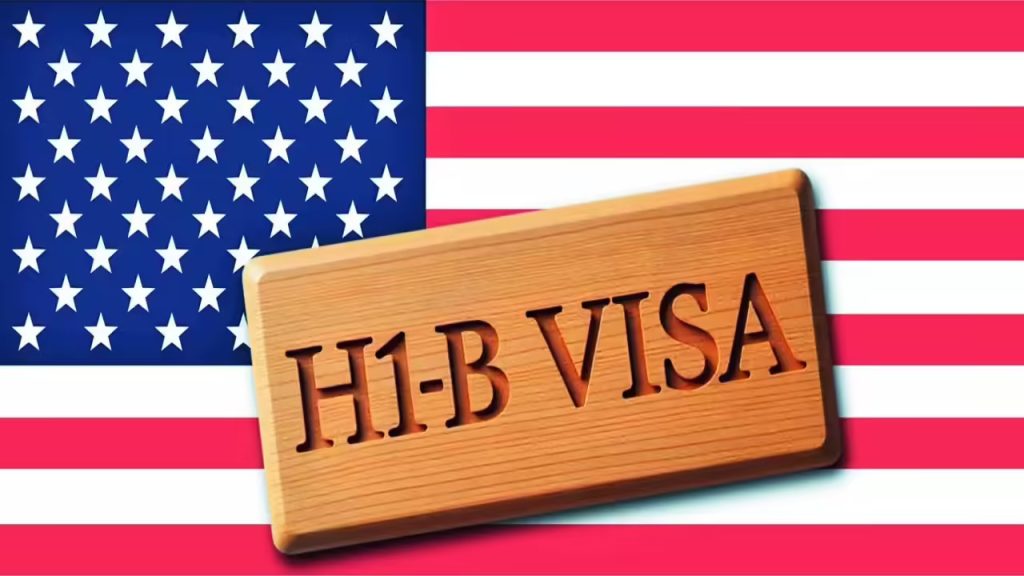U.S. President Donald Trump plans to introduce a $100,000 annual fee for each H-1B visa holder, putting major pressure on employers.
For Nigerians, especially students, tech talents, and professionals eyeing opportunities in the U.S., this move could trigger a ripple effect.
Here’s how the H-1B visa fee may impact Nigerians:
1. Remote work may become the new normal
With a $100,000 yearly price tag per foreign employee, most U.S. employers may ditch the traditional H1-B hiring route and lean toward remote-first models. This shift could benefit Nigerian tech professionals who can work from their residence in Nigeria while earning U.S. rates, without the hassle of relocating.
2. Entry-level and on-site jobs will likely go to Americans
Startups and small businesses will be the hardest hit by this fee. They simply won’t be able to justify paying $100,000 on top of salaries for foreign entry-level hires. As a result, roles in offices, labs, and factories may increasingly be reserved for American citizens, making it harder for Nigerians seeking their first U.S. job after school to break in.
3. Companies could open regional offices in other countries
Rather than paying the high fee, many U.S. firms may set up regional offices in talent-rich countries. India, China, and even parts of Africa could benefit as tech and AI operations move overseas. This may create more jobs locally for Nigerian developers, analysts, and engineers, but it would also mean fewer chances to move to the U.S. physically.
4. Healthcare may suffer the biggest blow
While IT companies might manage the costs (or shift to remote work), the healthcare sector could struggle most. Nigerian nurses, doctors, and medical technologists who form a significant part of the U.S. health workforce might see fewer job openings or find that hospitals simply can’t afford to sponsor them anymore.
5. Boost for Nigerian IT startups and the AI space
This development could indirectly boost the startup ecosystem in Nigeria. Talents who might have relocated to the U.S. may now choose to stay home and build innovative products locally. This could mean more AI and fintech startups emerging in Nigeria, potentially attracting global investors to Nigeria’s tech scene.
6. Students considering other study-and-work plans
For Nigerian students planning to study in the U.S. with hopes of transitioning to work via an H1-B visa, this new fee is a red flag. Canada, the U.K., and Germany could become more attractive options for study and work since they currently offer cheaper or more accessible post-study work visas.
The post More remote jobs, 5 other ways the $100,000 H-1B visa fee could affect Nigerians appeared first on Vanguard News.

